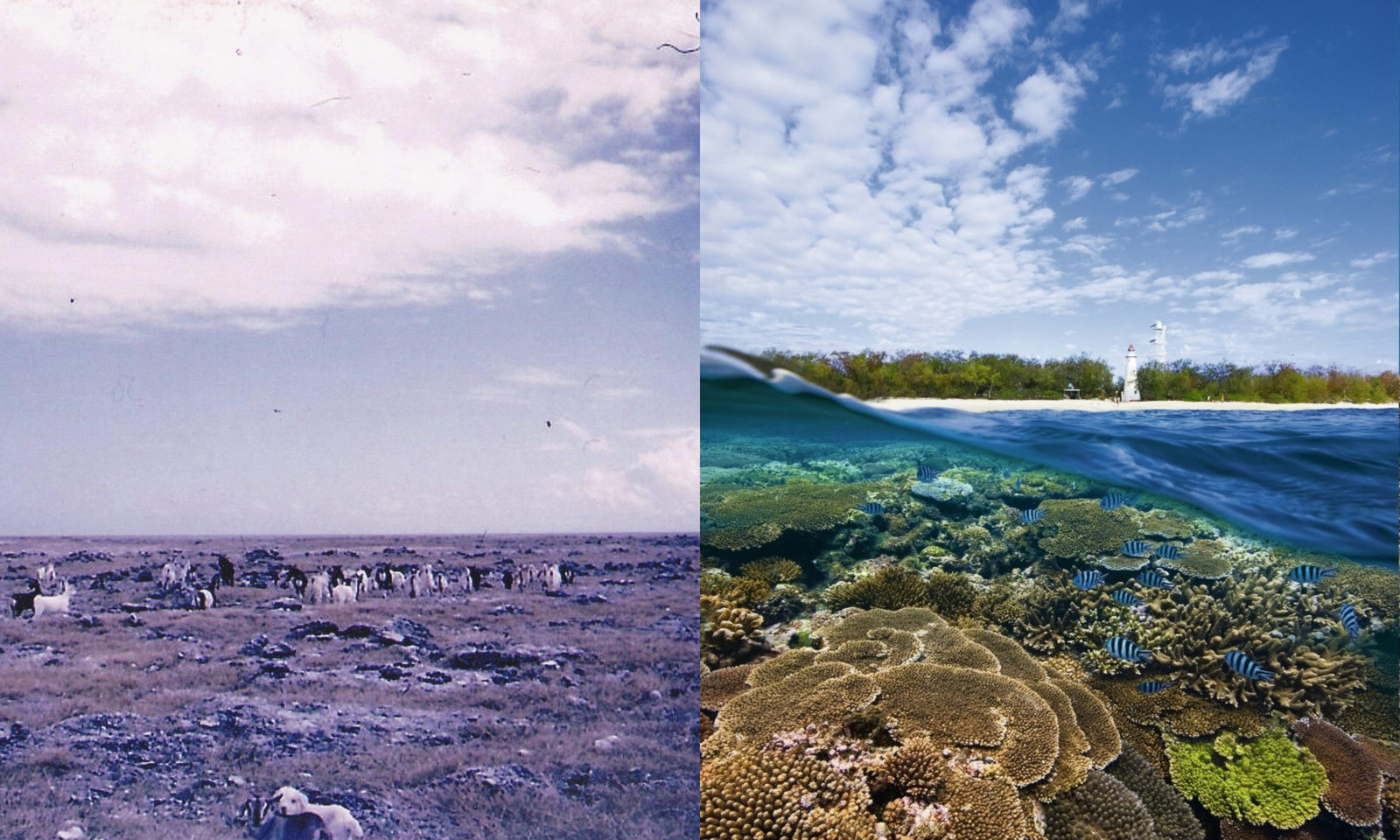All News
-

52% of Australian Oceans to be Officially Conserved
Australia expands the Heard and McDonald Islands Marine Reserve, adding 300,000 km² of protected ocean, settling at the forefront of marine conservation by protecting 52% of its maritime boundaries.
-
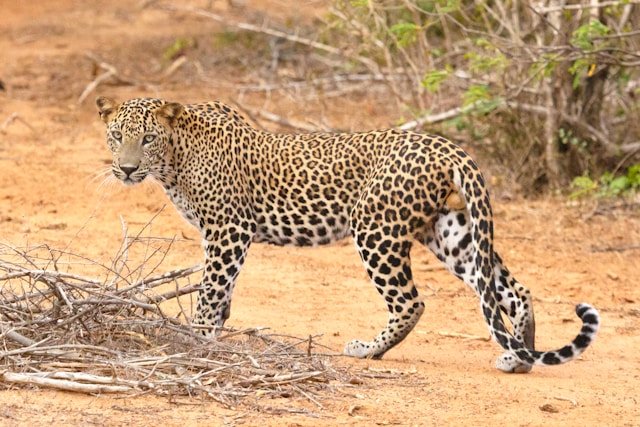
Born Free Foundation releases two leopards held in illegal captivity into a forever home
The Born Free Foundation rescued and rehomed two leopards, Alda and Ginny, from an illegal breeding facility in Poland to the Shamwari Private Game Reserve in South Africa. After years of captivity, they now enjoy a new, peaceful life with…
-
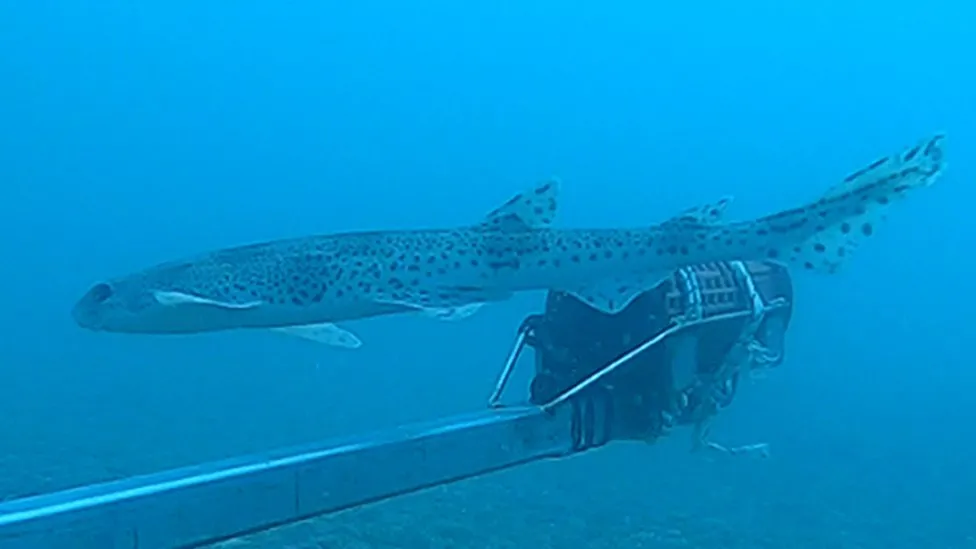
Critically endangered shark and eel species found in British seas
Researchers at the University of Sussex discovered critically endangered tope sharks and rare European eels in British seas. A study found these species, along with 81 others, following a ban on nearshore trawling. The research utilized biomonitoring tools to assess…
-
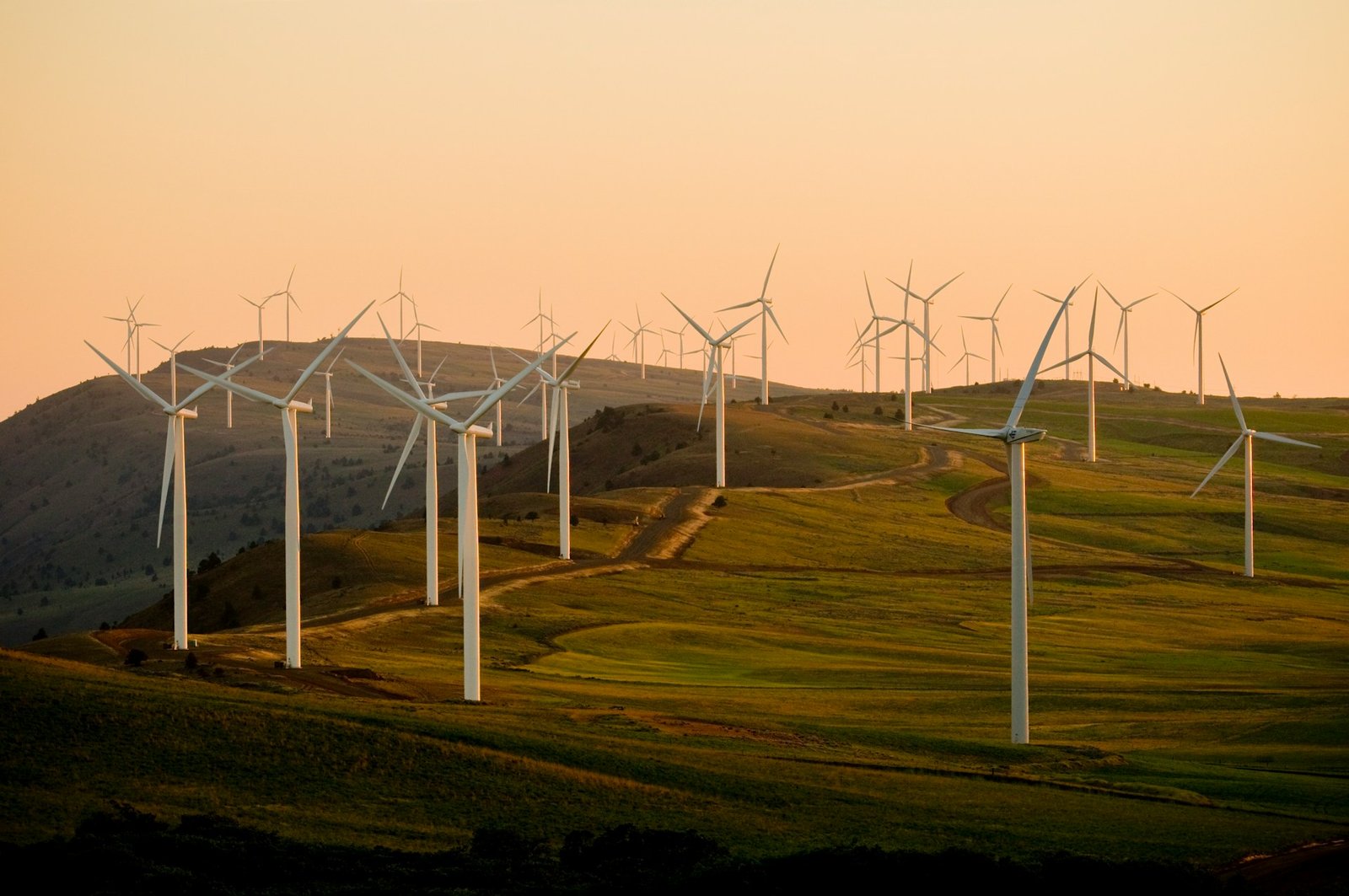
Ten countries, including three European countries, now produce over 97% of their energy through renewable sources
Ten countries, including three in Europe, now meet over 97% of their energy needs from renewable sources, contributing to global warming control targets. Major economies lag, but some US states excel. Global renewable electricity production is at 25.97%, prompting the…
-

easyJet holidays remove attractions harmful to animal welfare from all its travel programmes
easyJet holidays is prioritizing animal welfare by removing harmful attractions from its travel programs, including animal performances, rides, and captivity attractions. Through this initiative, easyJet aims to be a leader in sustainable travel.
-
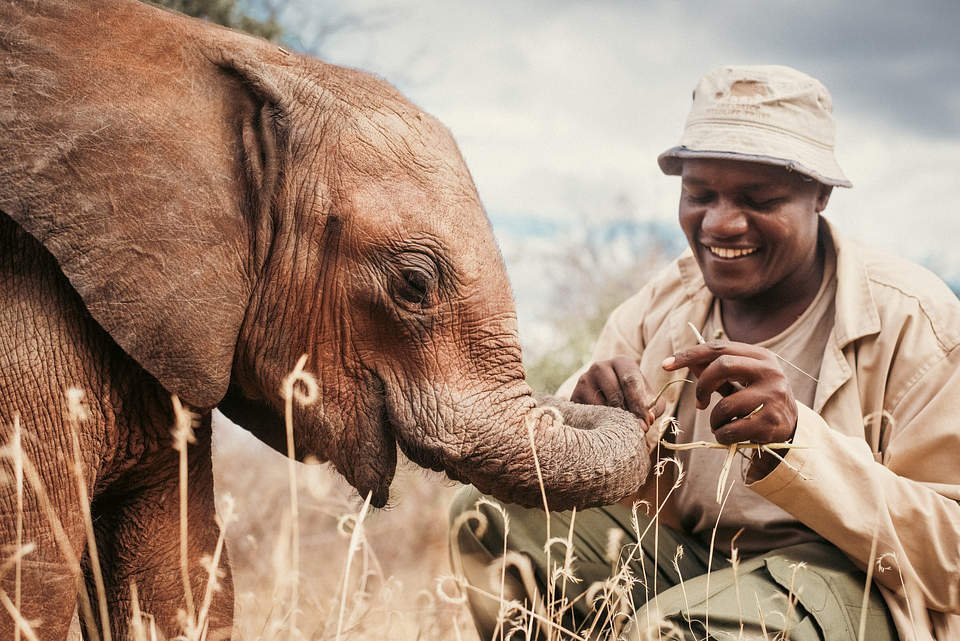
A future matriarch in the making: the rescue of Korbessa, an orphaned baby elephant
Korbessa, a baby elephant, was rescued by The Sheldrick Wildlife Trust after falling into a well in Meru National Park. Despite the challenges of her orphaned status, she has thrived under the care of Keepers, showing promise as a future…
-

What are biodiversity credits and how does it work?
Biodiversity Credits is an emerging tool for addressing global warming and sustainable development, garnering interest from countries and organizations. This article delves into its fundamentals, highlighting the need for private and public participation. It discusses the market, adoption examples, key…
-

Patagonia to drive endless recycling by reproducing wetsuits from used wetsuits
Patagonia is set to revolutionize wetsuit production by recycling old wetsuits into new ones, aiming for endless sustainability. By deconstructing wetsuits into key materials, Patagonia seeks to reduce environmental impact and carbon footprint. This initiative aligns with their commitment to…
-

The fire that burns forever in the Gates of Hell could finally burn out
The Darvaza Crater, known as the ‘Gates of Hell’, has been burning for over 50 years, emitting harmful gases. Recent efforts by Turkmenistan government have led to a 50% reduction in emissions, but challenges remain as methane emissions continue.
-

Scientists discover new material to capture CO2 emissions more effectively from the atmosphere
Scientists have discovered a new porous material that can effectively capture and store significant amounts of greenhouse gases, including carbon dioxide and sulphur hexafluoride, aiding in the fight against climate change. The material, developed with strong binding molecules, offers a…
-

Production of batteries for EVs is not so eco-friendly after all. But new recycling technology can make it right
Production of electric vehicle (EV) batteries has a high initial carbon footprint due to energy-intensive mining and production. However, new recycling technologies can cut CO2 emissions in the supply chain by up to 80%, making EVs more sustainable.
-
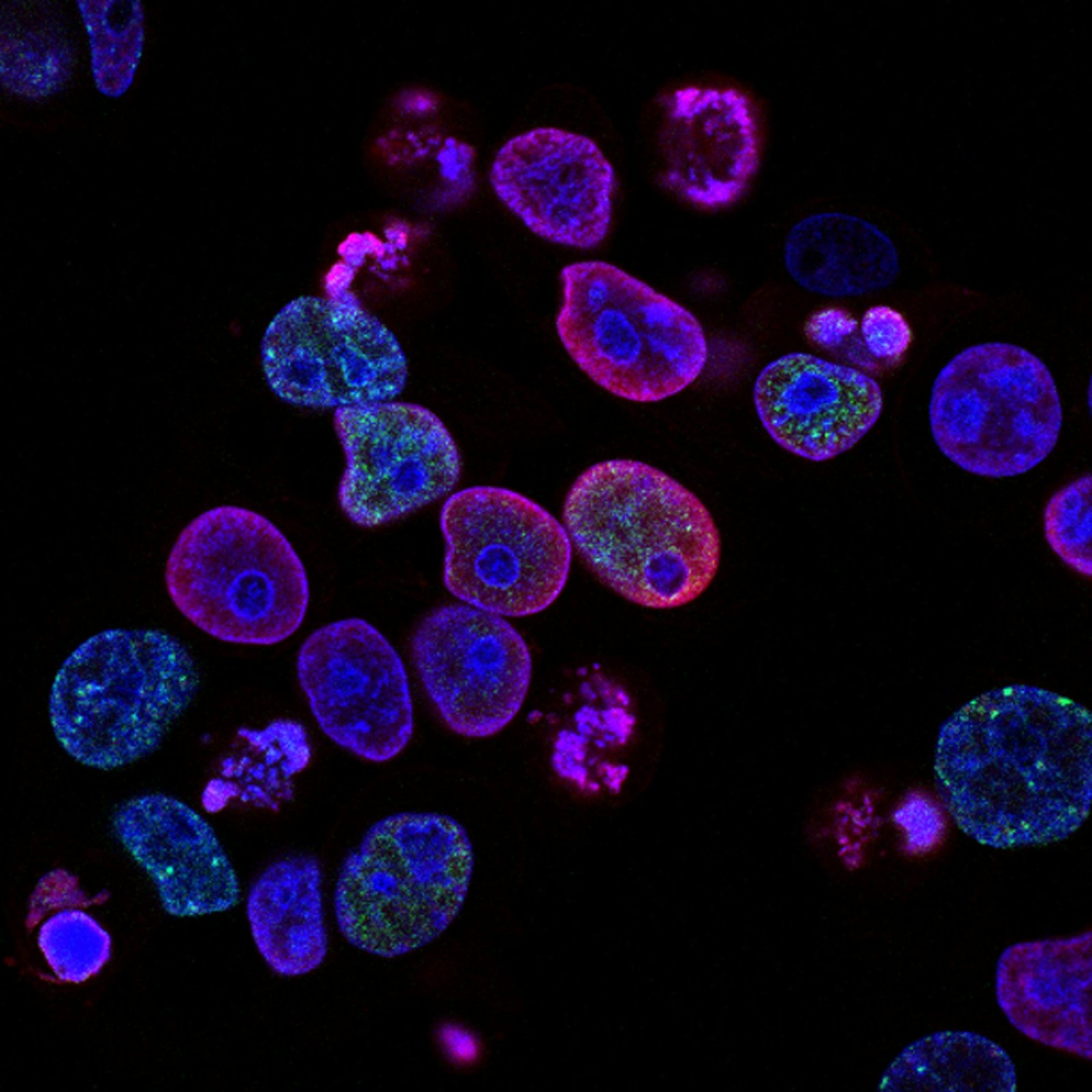
NHS trials the world’s first vaccine for skin cancer on British patients
The NHS is conducting trials for the world’s first skin cancer vaccine. Developed by Moderna and MSD, it targets melanomas and is customized for each patient. This individualized neoantigen therapy shows promise in improving recovery chances and may revolutionize cancer…
-

The UK government imposes new sustainable aviation fuel targets on flights taking off from the UK
The UK government has mandated that all flights taking off from the UK must use 10% sustainable aviation fuel by 2030 as part of the Jet Zero Strategy. This move aims to reduce carbon emissions and support the production of…
-

University of Bradford invests £3.3 million to reduce its carbon emissions
The University of Bradford is investing £3.3 million to install solar panels on two buildings, signaling its commitment to sustainability. A government fund and university contributions will fund the initiative, which also includes updating heating systems, ventilation, and electrical equipment.
-
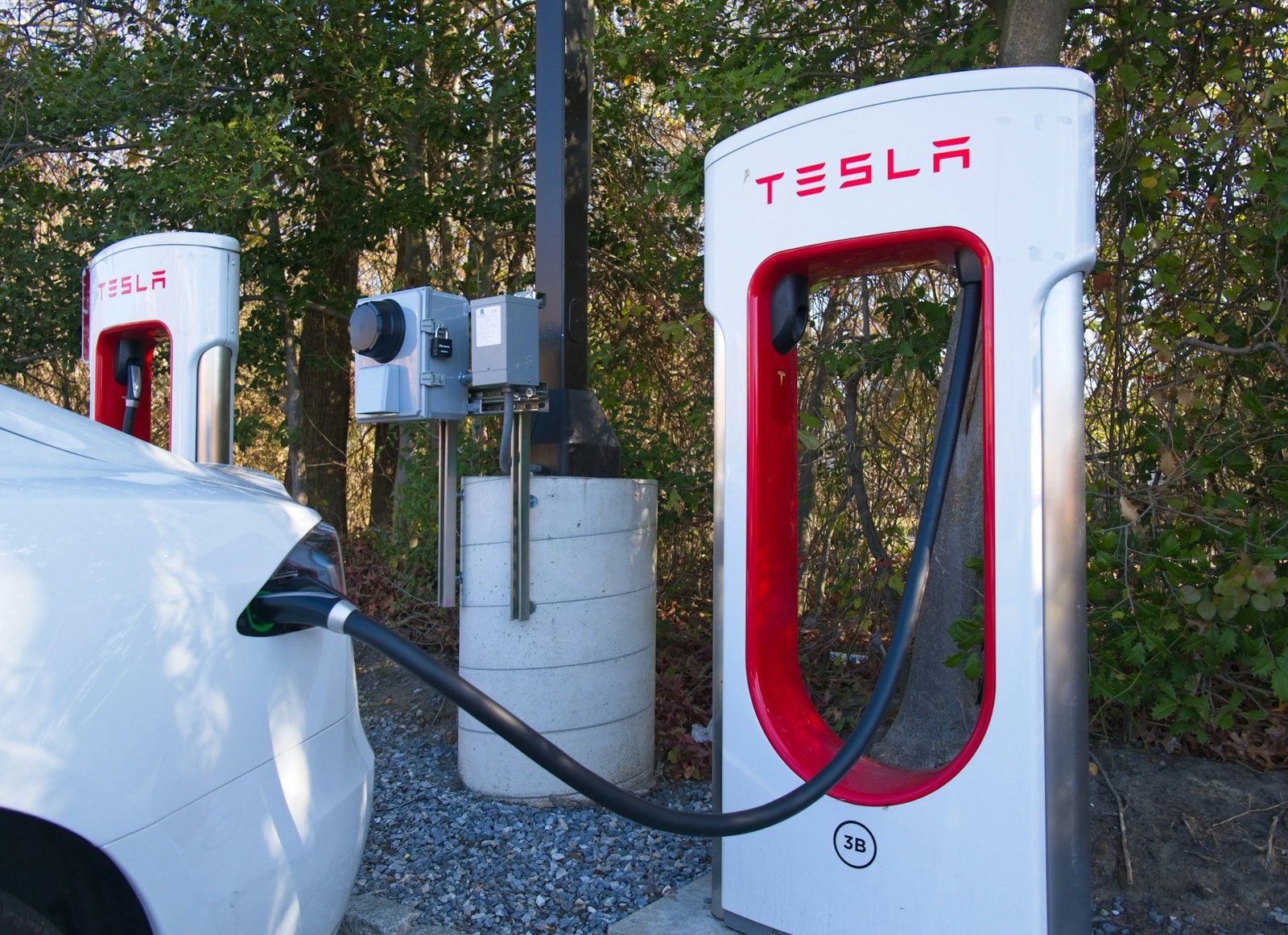
Rapid growth in fast EV charging stations in the US
The US has seen a rapid growth in fast EV charging stations, with over 9,800 electric vehicle stations nationwide, thanks to a $5 billion funding program. This addresses EV adaptation challenges and supports decarbonization goals. Growth is expected to continue,…
-
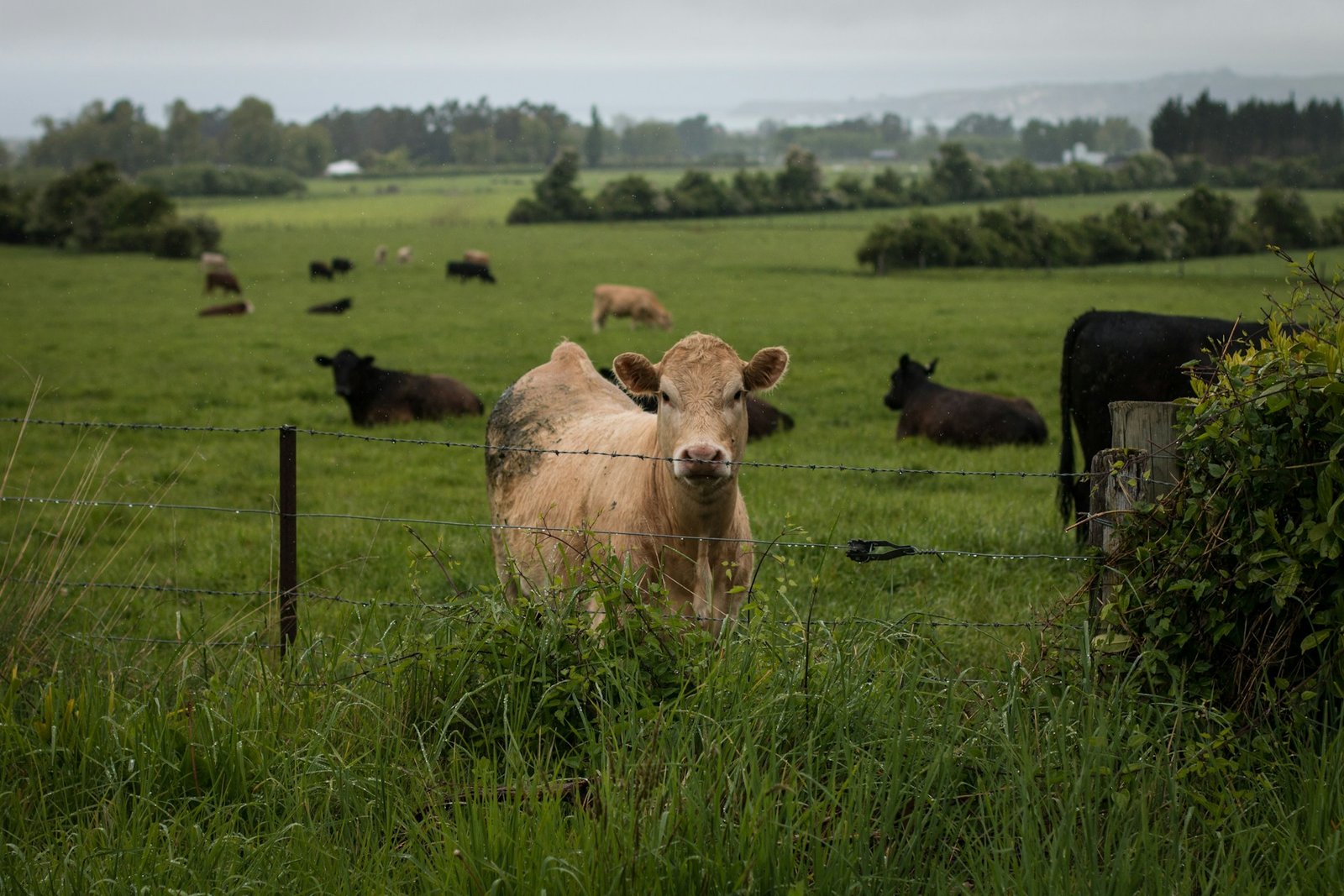
Methane-eating microbe developed by California startup can save the world from global warming emissions
A California startup, Windfall Bio, has developed a methane-eating microbe to address methane emissions from agricultural activities, which contribute significantly to global warming. The microbe can be deployed in large methane-producing operations and offers a potential solution to reducing methane…
-

New York’s first all-electric skyscraper to open in 2024
The 44-story 505 State Street skyscraper in Brooklyn will become New York’s first all-electric high-rise in 2024, addressing the city’s effort to cut carbon emissions. With an innovative water-source heat pump system, the building aims to meet sustainable energy requirements…
-

Could e-fuel drive sustainability in transportation? This Gates-backed startup is making it happen
A Gates-backed startup in California, Infinium, is producing e-fuel, derived from water and CO2, as a sustainable solution for aviation and trucking emissions. Major players like Amazon and American Airlines have already shown interest.
-

World’s first clean ammonia-powered container ship to reduce CO2 emissions by 11,000 tons annually
Yara International’s subsidiary, Yara Clean Ammonia, and North Sea Container Line have joined forces to launch the world’s first ammonia-powered container ship, Yara Eyde. This innovative vessel is set to significantly reduce carbon dioxide emissions in the shipping industry, supporting…
-
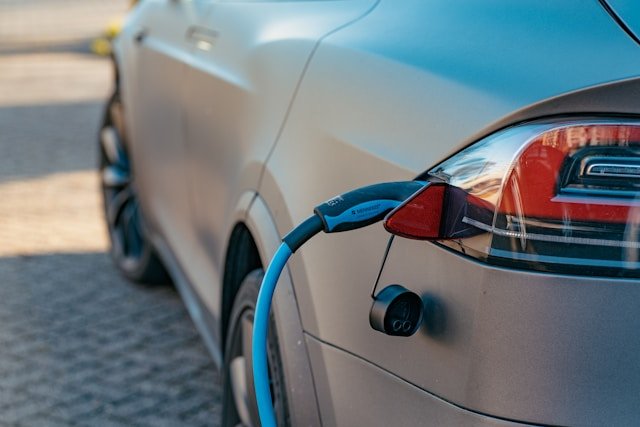
New battery technology promises crucial advancements in future electric vehicle usage
New Lithium Metal Battery (LMBs) technology is expected to offer electric vehicles (EVs) a potential range of up to 700 miles, addressing the core challenge of range. Researchers at India’s Tata Institute of Fundamental Research have developed this solution to…
-

The Royal Mint of the UK now extracts gold to make coins from discarded circuit boards
The UK’s Royal Mint, a leading coin producer, is now extracting gold from discarded circuit boards to create coins, in line with a global initiative to reduce electronic waste. This sustainability effort aims to extract precious metals from e-waste, with…
-
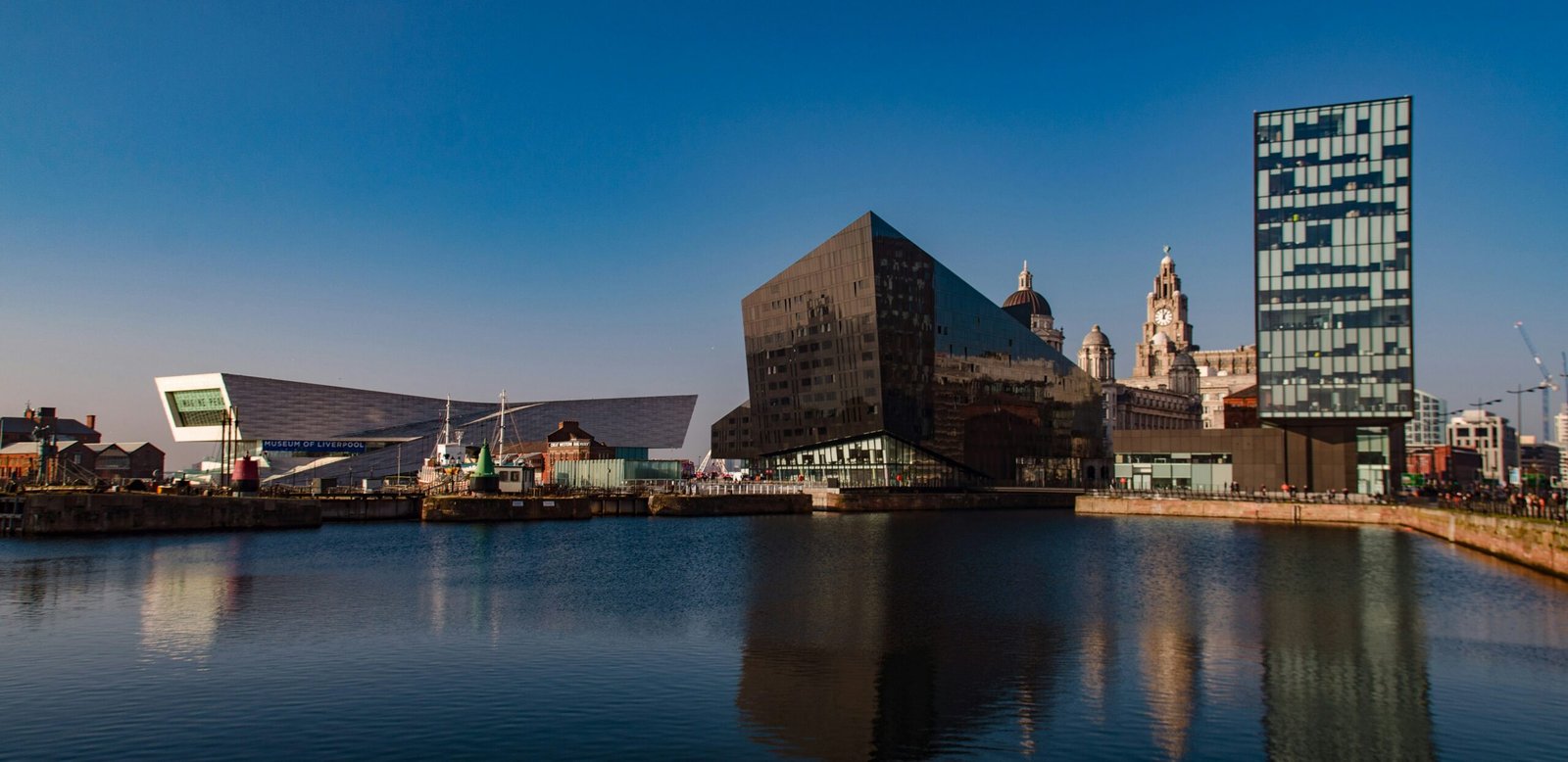
Liverpool to generate clean energy for 1 million homes sufficient for 120 years
Liverpool is building the world’s largest tidal power system in River Mersey, aiming to power 1 million homes for 120 years, reducing reliance on unsustainable energy sources. This innovative project is expected to contribute to achieving the global sustainability goals…
-

The Ocean Cleanup deploys System 03 for the first time in 2024
The Ocean Cleanup has deployed System 03 to collect floating ocean plastic in the Great Pacific Garbage Dump. This system uses a 2.2km long floating barrier operated by two vessels to skim the ocean surface off floating plastic.
-

WEF’s Biodiversity Credits Initiative raising $711bn to fund the reversal of biodiversity loss takes root
The World Economic Forum’s Biodiversity Credits Initiative aims to address the irreversible decline of natural resources and biodiversity. With a funding goal of $711 billion annually by 2030, businesses can purchase biodiversity credits from the market to support biodiversity improvements.
-

The UK Government regulates all developers to achieve a 10% net gain in biodiversity
The UK Government mandates a 10% net gain in biodiversity for all developers, encompassing real estate, roads, railways, and solar farms. This involves avoiding biodiversity destruction, creating new wildlife habitats, and maintaining them for a minimum of 30 years.
-
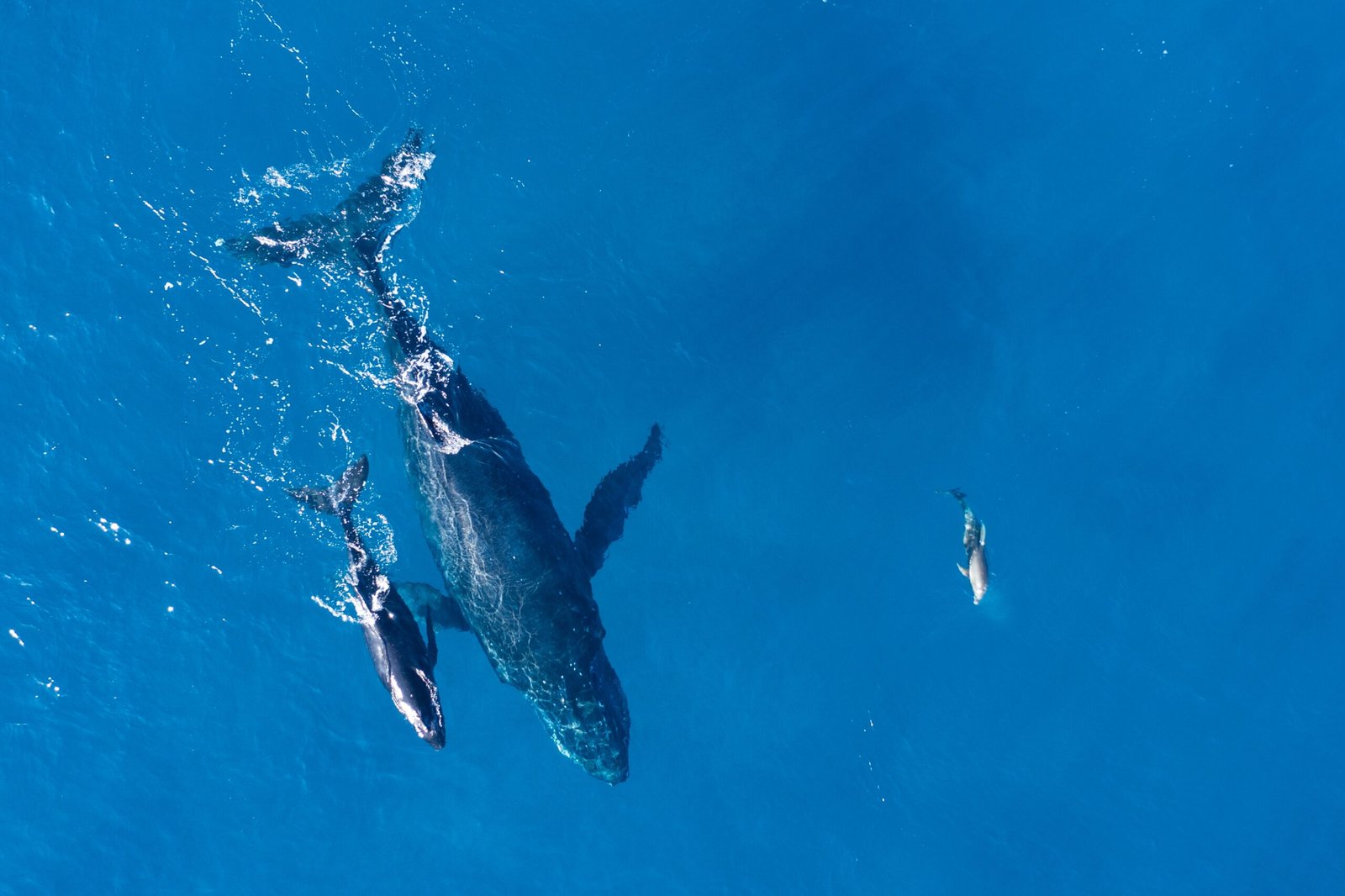
Oceanswell completes Cetacean diversity study in the Indian Ocean
Oceanswell, in collaboration with Greenpeace South Asia, has completed a comprehensive study on cetacean diversity in the Indian Ocean east of Sri Lanka. Led by Dr. Asha De Vos, the study utilized aerial drones and acoustic surveys.
-

Alzheimer’s Research UK awards £155,324.23 for further research on a cure
Alzheimer’s Research UK funds a new project led by Prof. Louise Serpell of the University of Sussex with £155,324.23. The research aims to understand the causes of Alzheimer’s disease by studying proteins amyloid and tau.
-

Harvard develops an antibiotic that can prevent one million deaths per year
Researchers at Harvard University have developed an antibiotic with a synthetic compound called cresomycin, effective against drug-resistant bacteria, potentially saving over a million patients annually. With antimicrobial resistance posing a growing threat, this breakthrough is vital as current market options…

